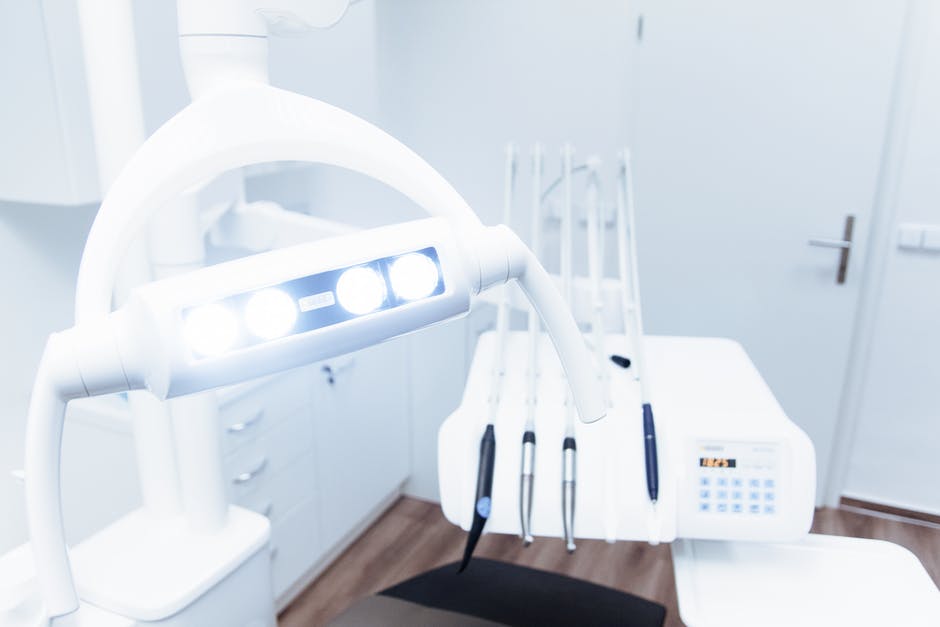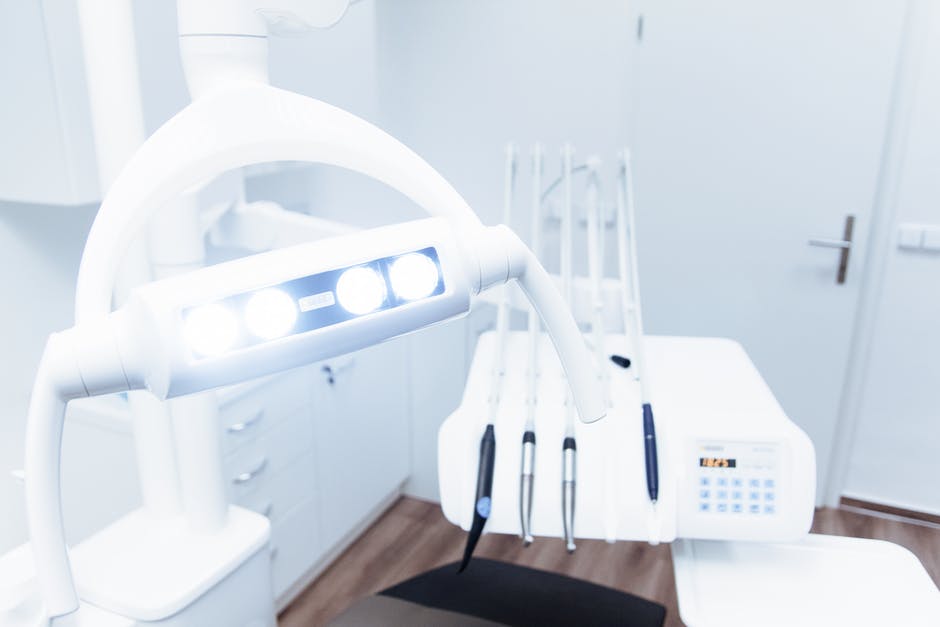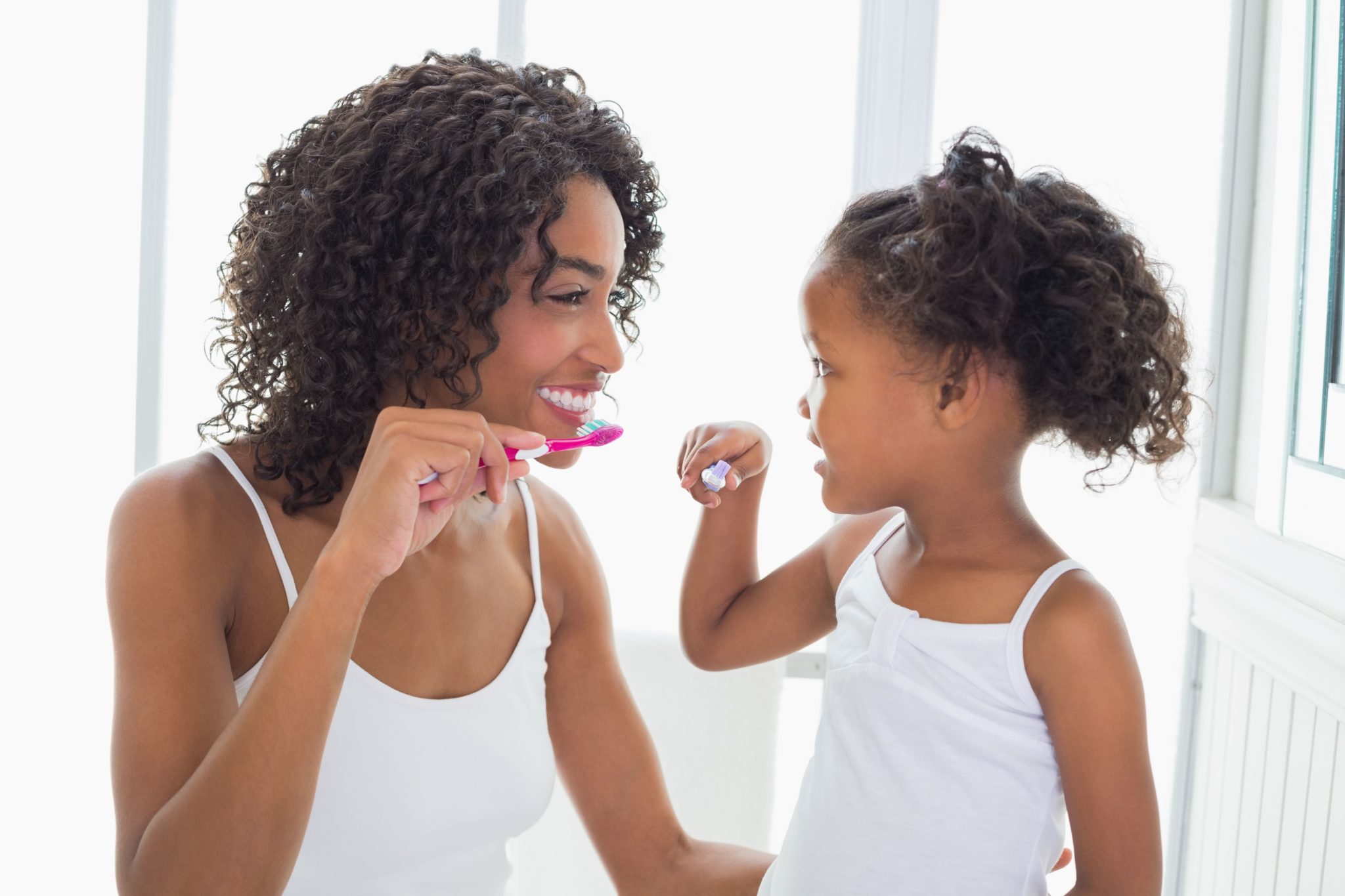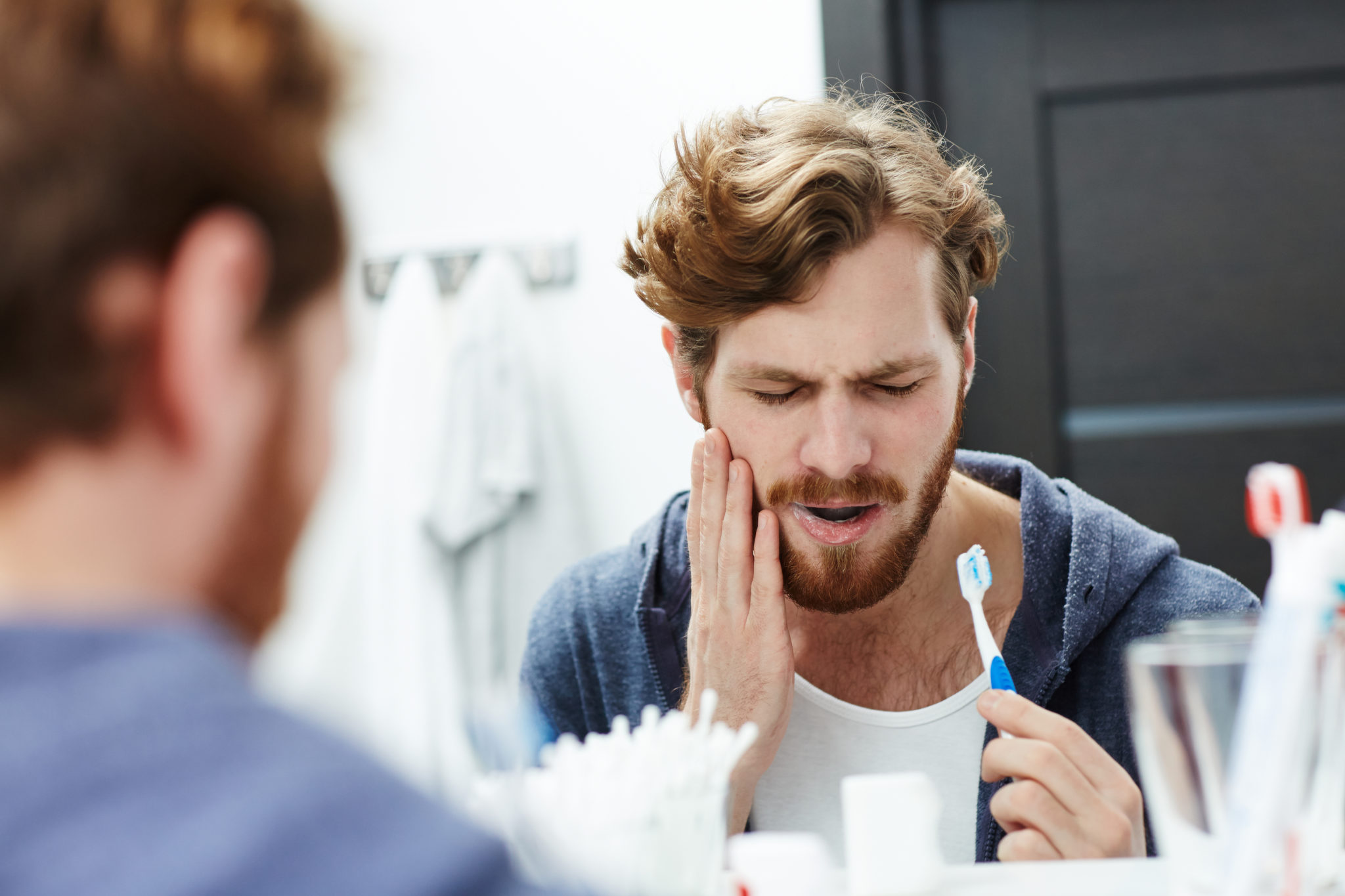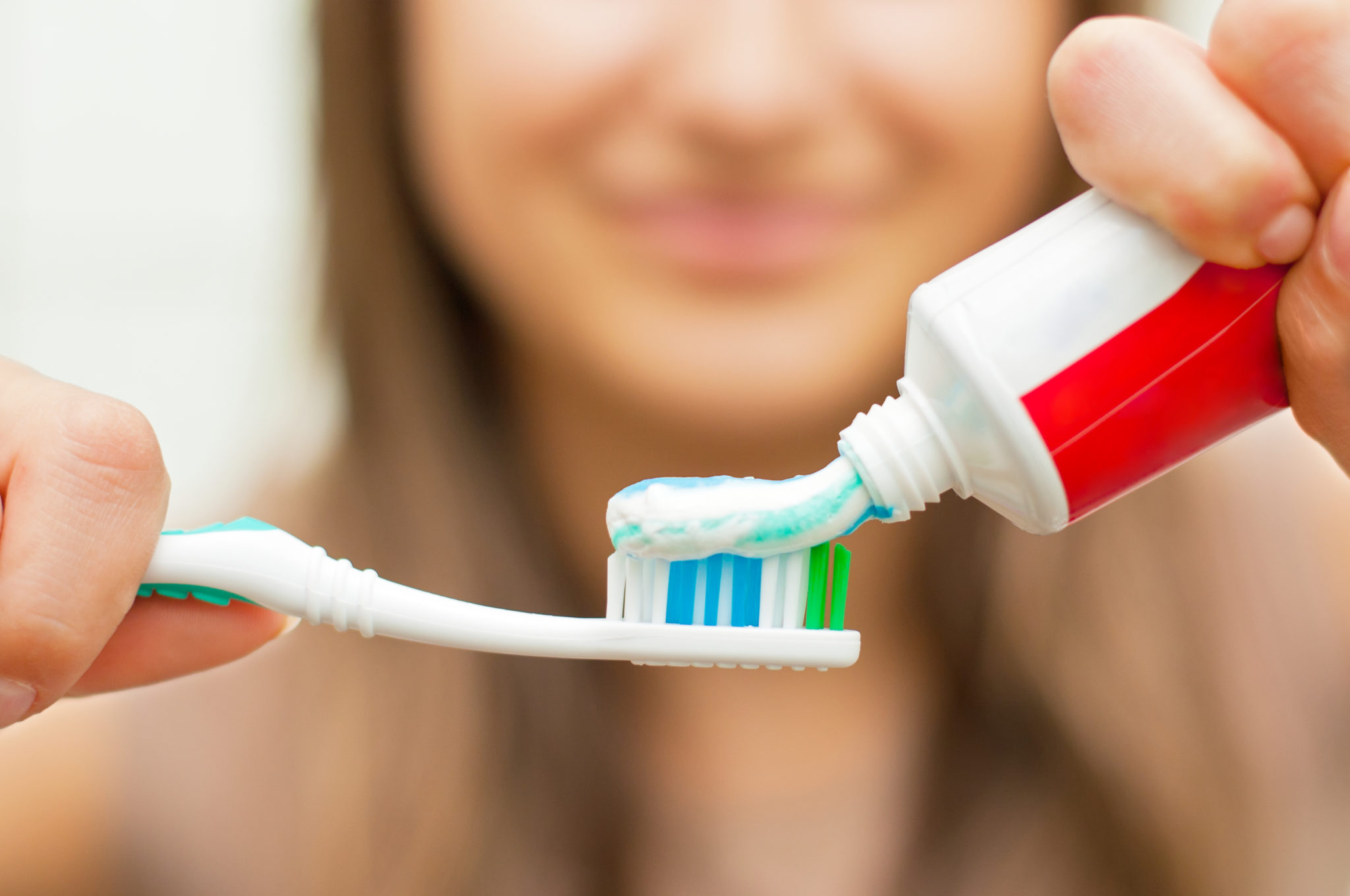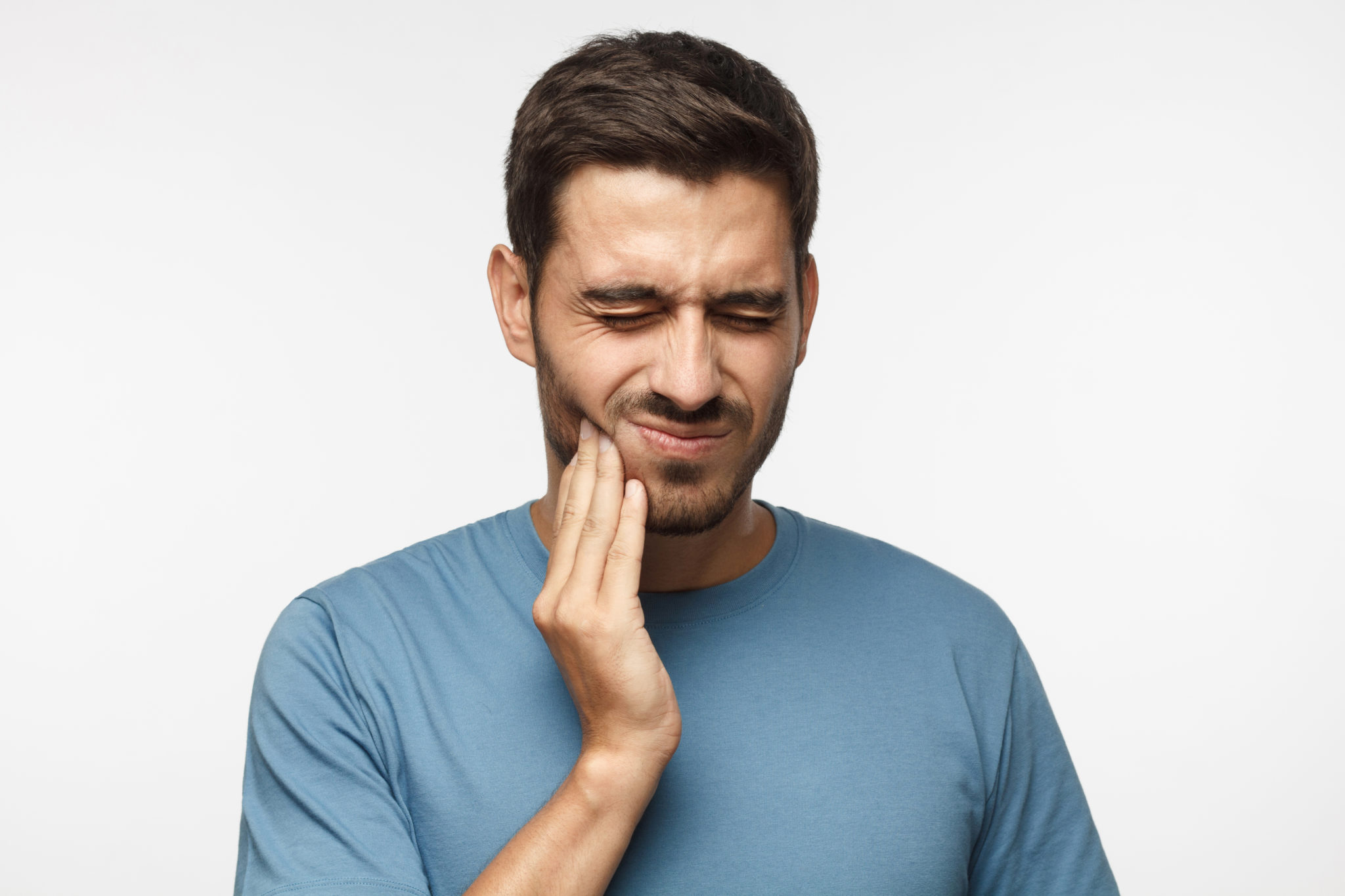More than one in four adults have untreated tooth decay in the United States of America. This eventually leads to tooth loss during the later stages of life, particularly during our 60s and 70s.
So, what can we do about this?
While regularly practicing the basics of oral hygiene is essential for preventing tooth decay, there are other contributing factors that we often don’t often associate with good oral health.
In this article, Webster Family Dentistry outlines each of these lesser-known, but fairly common habits that contribute to the deterioration of your teeth.
Let’s get started!
1. Excessive Brushing and Flossing
Anything in excess has the potential to cause harm. Brushing your teeth too aggressively or too often can sensitize your teeth and wear down the tooth enamel. Additionally, the practice of excessive brushing can also damage your gums causing them to recede and making them more susceptible to periodontal diseases.
Similarly, flossing more than once a day can cause severe damage to your gums. Further, while excessive flossing and brushing are detrimental to your teeth, using the incorrect techniques exacerbates the damage.
Make sure to focus on your teeth while flossing, and not your gums. Be gentle, and avoid using the same section of floss for all your teeth. Use a light touch while brushing and limit your tooth brushing sessions to two minutes, two to three times a day, as advised by your dentist.
2. Consuming Too Much of the Wrong Beverage
Soda is perhaps the embodiment of all the worst elements for your teeth. Not only do they contain a high concentration of sugars and sweeteners, but they are also carbonated and contain caffeine.
The sugar creates a breeding ground for bacteria while the carbonation contributes to the erosion of your enamel. This increases your chances of developing cavities.
Beverages like colas and coffee can also stain your teeth. Coffee exacerbates bad breath and encourages the growth of bacteria in your mouth.
Finally, we have alcohol. In addition to having high sugar content, alcohol can also lead to dryness of the mouth. Some studies show that people with alcohol addictions tend to have higher levels of plaque, tooth decay, and dental caries than the average population.
3. Highly Acidic Foods
Eating highly acidic foods like tomatoes, oranges, and lemons on their own could contribute to enamel erosion. This is further exacerbated by the regular consumption of citrus fruit drinks and smoothies.
Tooth erosion further leads to tooth sensitivity, yellowing of the teeth, and an increased risk of developing tooth cavities.
Now, citrus fruits offer various nutritional benefits so you don’t have to give them up entirely. Rather, make sure to sip your drinks through a straw and eat these fruits as a part of a bigger meal, rather than a snack by themselves.
However, if you do drink lemonade or a snack on an orange, give yourself at least an hour before brushing your teeth. This will allow your saliva to wash away some of the acids. You can also chew on some sugarless gum or rinse your mouth with plain water.
4. Drug Abuse
Studies show that 96 percent of meth users have cavities, while 58 percent of users have tooth decay and 31 percent have at least six missing teeth.
However, the effects of drug abuse on our teeth is not limited to meth. Heroin is also associated with gum disease and shows effects similar to those associated with meth.
Smoking or consuming cocaine orally, can lead to buildup of acid over the teeth that eventually lead to the breakdown of enamel.
5. Grinding Your Teeth
Over time, tooth grinding and jaw clenching can weaken your teeth and lead to tooth decay. The repetitive motion of rubbing one tooth against the other, alongside the induced friction, wears down the enamel and sensitizes your teeth.
People who grind their teeth are more susceptible to cavities, tooth breakage and in the long run, even tooth loss. Drug abuse, stress and restlessness can increase the frequency and intensity of grinding which can aggravate the damage caused.
6. Ignoring Oral Health Issues
All health issues are far easier to address and treat during their earlier stages. The smallest of tooth cavities can spread to the root and eventually lead to a root canal or the permanent loss of your tooth. While the earliest signs of gingivitis can be cured, once it progresses to periodontitis, it becomes more difficult to manage.
While it can be tempting to put off your visit to the dentist or hope your tooth sensitivity will go away on its own, you’re better off making that appointment and addressing the root cause as soon as possible.
7. Using Your Teeth as Tools
Your teeth are not built to open beer bottles, tear open packets or bite your fingernails. Using your teeth as opening and cutting tools can cause chips, cracks and worse when done consistently.
Webster Family Dentistry: Get the Care You Deserve
Good oral hygiene is all about frequency and balance. Flossing and brushing your teeth excessively, or drinking too many sodas and sugary drinks can make you susceptible to tooth decay. However, you ought to also ensure a healthy lifestyle by managing your stress levels and avoiding the use and abuse of drugs.
Finally, remember that ignoring a problem won’t make it go away. If you’ve been putting off that routine checkup or have a dental problem you’re hoping fixes itself, this is your sign to address it.
Schedule your appointment with Dr. John McCarthy or his team at Webster Family Dentistry to get the quality dental care your teeth deserve.
